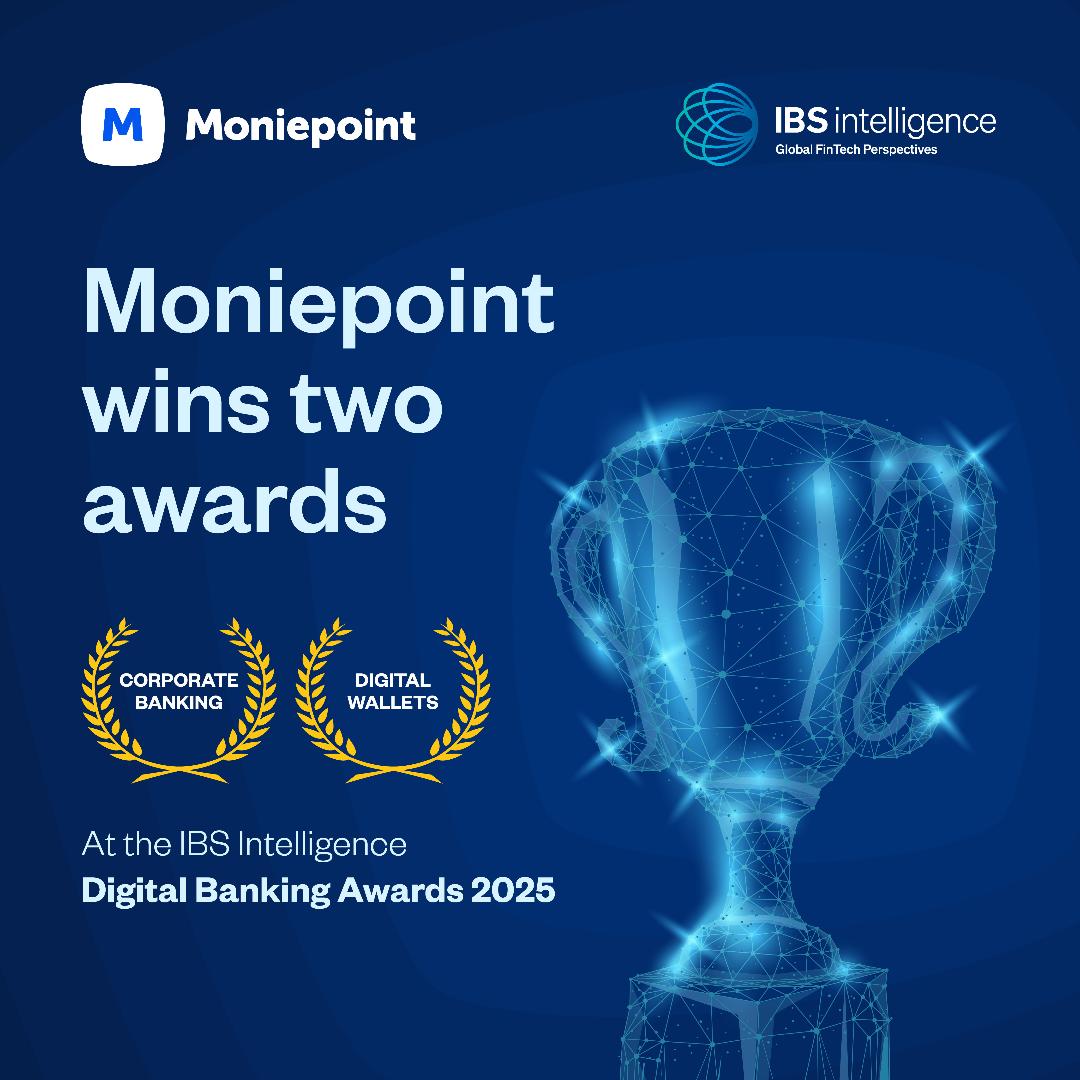Telecom
‘Right of Way’ Issues Frustrate Broadband Penetration

Stakeholders in the information and communications technology (ICT) sector have listed several obstacles frustrating broadband penetration in the country and chief among them is the difficulties in obtaining ‘right of way’ required for infrastructure deployment.
Because of the challenges; bandwidth a major ingredient for telecommunications service delivery especially for data and video has been elusive to Nigerians due to high cost.
Engr. Gbenga Adebayo, chairman, Association of Licensed Telecommunications Operators of Nigeria (ALTON), the umbrella body of operators in the telecom space, said that granting multiple operational licenses to operators to provide metro and national fibre infrastructure does not guarantee investment in that regard, but implementation of well articulated policies that will encourage operators to invest their money.
He said government must go beyond granting of licenses to eliminating those barriers such as bottlenecks in securing ‘right of way’, impediments to smooth network operations- where operators are forced to pay levies that are not legalized, and vandalisation.
Adebayo, explained that broadband services are anchored on availability of bandwidth, and that with excess capacity of it at our shore, investment need to be encouraged to distribute this capacity to various geographical areas of the country for broadband revolution to be experienced as is the case with voice service.
He added that operators that secured licenses to roll out broadband services with big money are yet to invest in provision of infrastructure because of clumsy process of securing ‘right of way’ from various government agencies.
‘Right of way’ is a legal instrument allowing operators to deploy infrastructure on federal or state roads at a fee.
He added that unless these barriers are addressed it may be difficult for operators to invest in infrastructure that will enable provision of broadband.
Mohammed Rudman, managing director, Internet Exchange Point of Nigeria, said operators face difficulty in obtaining a ‘Right of Way’ permit.
Rudman said that right of way which is a government permit to dig and lay fibre infrastructure for transmission of bandwidth and likes is too expensive.
He explained the current variations in the cost of bandwidth in the country as where the commodity lands at the country’s shore for $150 per megabyte base on 155Mbps while the undersea cable operators sell to Tier 2 operators who are telcos and ISP at $300 who in turn sell to distributors for between $1000 and $2000 per megabyte.
According to him, broadband is still at rooftops because of frequent fibre cuts due to sabotage and other projects such as road construction.
Telecom
LINX Picks Digital Realty as Access Point for New Ghana IXP

The London Internet Exchange (LINX) announced today that it will extend its partnership with Digital Realty to West Africa, welcoming the data centre provider to its new interconnection fabric, LINX Accra.

Digital Realty is nearing completion of its new facility in Accra, ACR2. A modern data centre strategically positioned near multiple submarine landing cable stations in Accra’s downtown area.
Ghana is one of Africa’s most internationally connected countries, thanks to the presence of these six undersea cable systems. As a result, the country’s digital landscape has grown dramatically in recent years.
LINX Accra was announced in late 2024 and is anticipated to launch in the coming weeks.
LINX stated that a new internet exchange point (IXP) for Ghana will provide future-proof and scalable solutions to propel the digital ecosystem forward.
The new IXP will be LINX’s third facility in Africa since the opening of LINX Nairobi in 2023, marking an important milestone in the company’s overall strategy in Africa.
Nurani Nimpuno, head of global engagement for LINX commented: “We are excited to be embarking on this new journey with Digital Realty in Ghana. We have strong relations with our partners across our LINX hubs in the UK, US and Kenya so I’m confident this extension of the relationship will be a success.”
Digital Realty has been a key access point for LINX’s interconnection solutions in London and also in North Virginia, US for several years.
More recently, LINX launched their first steps into Africa with LINX Nairobi in November 2023 and LINX Mombasa in February of this year, both working closely with iColo: A Digital Realty Company.
Joseph Koranteng, managing director of Digital Realty in Ghana, commented: “We’re pleased to be welcoming LINX to our new data centre in Ghana, a key milestone as we continue to strengthen interconnection across Africa.
“As demand for low-latency connectivity grows, this collaboration will play a critical role in helping to shape the region’s digital future by enabling greater access, resilience, and integration with the global internet fabric.”
Telecom
Moniepoint Clinches Two IBSi Awards for Leadership in Corporate Banking and Digital Wallet Services

Moniepoint Inc, Africa’s leading fintech platform, has been named a Category Winner in two prestigious categories — Corporate Banking and Digital Wallets — at the IBS Intelligence (IBSi) Digital Banking Awards 2025.

The accolades recognize Moniepoint’s significant impact in advancing financial inclusion and operational efficiency through its innovative digital banking initiatives across the continent.
Moniepoint earned dual recognition with the Corporate Banking award for its end-to-end digital platform empowering SMEs across emerging markets through simplified working capital access and streamlined payment processes, while also being honored in the Digital Wallets category for its scalable wallet infrastructure that enables millions to seamlessly transact, save, and manage finances—both innovations supporting broader financial inclusion and economic empowerment goals.
The IBSi Awards jury highlighted Moniepoint’s achievement in delivering measurable business impact, its ability to scale efficiently, and its pioneering approach to integrating local market needs with cutting-edge financial technology.
The IBSi Digital Banking Awards recognize technology implementations and innovation across digital banking units worldwide. This year, more than 110 submissions from over 30 countries were evaluated.
The IBSi Digital Banking Awards celebrate the most innovative and impactful technology implementation projects in the global banking sector.
This year’s competition recognised outstanding achievements among digital-only banks, neo-challenger banks, and the technology partners driving digital transformation worldwide.
“We are thrilled to be recognised in two highly competitive categories,” said Tosin Eniolorunda, CEO of Moniepoint. “These awards validate our mission to power the dreams of African businesses and individuals by building technology that works for everyday realities.
“Whether it’s helping SMEs grow or enabling simple, fast, and secure transactions for millions, we remain committed to delivering impactful solutions.”
“These recognitions from IBS Intelligence reflect the hard work of our teams and partners, and the deep trust our users place in Moniepoint,” Eniolorunda added.
“We look forward to continuing to innovate and scale inclusive digital financial services that shape the future of banking across Africa.”
Nikhil Gokhale, Director of Research and Digital Properties at IBS intelligence, said, “Over the years, we’ve witnessed a remarkable transformation in the digital banking space — from the rise of nimble neobanks to the digital reinvention of traditional institutions.
“The IBSi Digital Banking Awards honour this evolution by recognising technology-led excellence across the global banking landscape.
“Now in its fifth edition, the awards continue to recognise banks that are redefining the digital banking landscape through bold strategy, customer-centric thinking, driving innovation, inclusion and meaningful impact.”
This award complements and validates Moniepoint market leadership having been listed for three years in a row in the CB Insights annual Fintech 100, a list of the 100 most promising private fintech companies in the world and described as high-momentum companies shaping the future of financial services as well as being ranked by the Financial Times as one of Africa’s fastest-growing companies for two consecutive years.
Moniepoint Inc. powers over 10 million businesses and individuals with access to seamless payments, banking, credit, and business management tools since 2019. As Nigeria’s largest merchant acquirer, it powers most of the country’s Point of Sale (POS) transactions while operating profitably.
Processing over 1 billion transactions monthly, with total payments volume exceeding $22 billion, Moniepoint enables businesses to digitize their operations and thrive in Africa’s rapidly evolving economy.
UK-headquartered IBS Intelligence (IBSi) is the world’s only pure-play Financial Technology (traditional and new-age) research, advisory, and media firm, with a global coverage, and a 360° portfolio of intelligence offerings.
For over 30 years, IBSi’s expert teams have delivered independent, in-depth, actionable insights, with a laser focus on everything Financial Technology, to the global banking, consulting, technology, and institutional investor world.
Telecom
NCC Unveils Landmark RIA Report, Reinforces Stakeholder-Centric Regulation

Dr. Aminu Maida, Executive Vice Chairman and Chief Executive Officer of the Nigerian Communications Commission (NCC), has declared the presentation of the Regulatory Impact Assessment (RIA) Report on eight key subsidiary legislations a turning point in the Commission’s regulatory framework.

Speaking at a high-level Stakeholder Engagement Forum in Abuja, Dr. Maida noted that the comprehensive RIA, conducted in 2024, embodies the NCC’s renewed commitment to transparent, participatory, and consumer-focused rulemaking.
“This innovation in our legislative process not only enhances accountability but also recalibrates our focus areas—consumers, licensees, and government policy alignment,” Dr. Maida stated.
The NCC boss emphasized that the RIA’s three-pronged focus aimed to assess regulatory performance across:
* Consumer impact, especially with regard to quality of experience (QoE)
* Market adaptability, with respect to competition, resource utilization, and market entry
* Policy alignment, ensuring legislations support overarching governmental objectives
He urged stakeholders to rigorously engage with the RIA findings to enhance regulatory outcomes and ensure market sustainability.
In her opening remarks, Head of Legal & Regulatory Services at the NCC, Mrs. Chizua Whyte, described the RIA as “an evolutionary step in our rulemaking journey,” adding that the extensive stakeholder contributions had strengthened the report’s validity.
“With emerging technologies and policy priorities, we needed to reassess our legal instruments. This RIA was both introspective and outward-looking,” Mrs. Whyte said.
Key areas assessed include licensing, SIM registration, subscriber management, enforcement procedures, spectrum trading, and infrastructure sharing.
Mrs. Whyte revealed that feedback from industry players was instrumental in identifying regulatory redundancies, clarifying legal obligations, and shaping future reforms.
The Legal Department, she noted, is already aligning next-phase reforms with the RIA’s recommendations to strengthen investor confidence and foster innovation across Nigeria’s telecom landscape.
The forum concluded with a call for continued stakeholder participation in shaping the Commission’s evolving legislative environment.
For the NCC, the RIA initiative signals a new era of smarter regulation—balancing flexibility, compliance, and consumer trust.

 General News2 days ago
General News2 days agoOpenAI Unveils New AI Agent for Software Developers

 Telecom2 days ago
Telecom2 days ago15 African Startups Using AI Selected for Google Accelerator Cohort 9

 Telecom2 days ago
Telecom2 days agoMTN Nigeria Receives UN Women Award for Empowering Women Nationwide

 E-Financial1 day ago
E-Financial1 day agoFidelity Bank Clears the Air: MD Not Linked to Woobs Case

 Telecom2 days ago
Telecom2 days agoUS Bans Use of WhatsApp on Official Devices over Security Concerns

 Telecom2 days ago
Telecom2 days agoMTN Nigeria Launches “Mega Billion Promo” to Reward Customer Loyalty and Drive Financial Inclusion

 Telecom2 days ago
Telecom2 days agoMTN Nigeria Donates Medical, Digital Equipment to Lagos Primary Healthcare Centre

 General News1 day ago
General News1 day agoSEC Advocates for Advanced Financial Inclusion by 2030


























